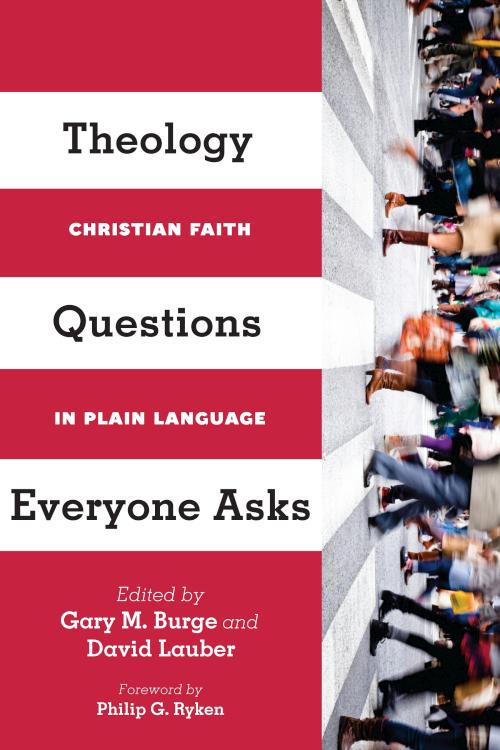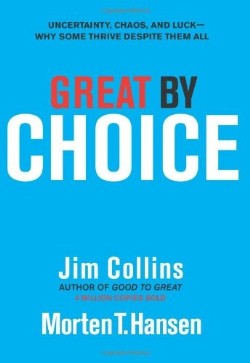Theology Questions Everyone Asks
$22.99
Introduction Gary M. Burge And David Lauber
Chapter 1. What Is Christianity? Timothy Larsen
Chapter 2. What Is The Bible? Kevin J. Vanhoozer
Chapter 3. Who Is God? George Kalantzis
Chapter 4. How Does God Relate To The World? Gregory W. Lee
Chapter 5 . What Is The Meaning Of Evil And Suffering? Jennifer Powell McNutt
Chapter 6. Who Is Jesus? Gary M. Burge
Chapter 7. What Is Salvation? Keith L. Johnson
Chapter 8. Who Is The Holy Spirit? Jeffrey W. Barbeau
Chapter 9. Who Are Human Beings? David Lauber
Chapter 10. Who Is The Church? Daniel J. Treier
Chapter 11. How Should We Live? Vincent Bacote
Chapter 12. What Is Christian Hope? Beth Felker Jone
Additional Info
Everyone has questions about God and what matters most in life. When we ask those questions, we are asking about theology. Isn’t talk about God really a guessing game?What good is the Old Testament?How can we have free will if God controls everything?The virgin birth. Really?What does an earthquake say about God?Is the Holy Spirit still at work in churches today?What did Jesus think about getting married?Does being a Christian mean having particular political views? While books about doctrine supply description and analysis of the classic questions of the faith, they often miss the contemporary questions on the minds of readers. This book fills that gap. Organized around the key topics of Jesus, the Bible, church, the Holy Spirit, evil, salvation and hope, the sometimes-provocative questions on these topics aim to ring true with the lived experience of real people. Even more, they look to inspire reflection, debate, disagreement, and above all, engagement in what the Christian faith is all about.
in stock within 3-5 days of online purchase
SKU (ISBN): 9780830840441
ISBN10: 0830840443
Editor: Gary Burge | Editor: David Lauber
Binding: Trade Paper
Published: March 2014
Publisher: InterVarsity Press
Print On Demand Product
Related products
-
Great By Choice
$29.99The new question
Ten years after the worldwide bestseller Good to Great, Jim Collins returns with another groundbreaking work, this time to ask: Why do some companies thrive in uncertainty, even chaos, and others do not? Based on nine years of research, buttressed by rigorous analysis and infused with engaging stories, Collins and his colleague, Morten Hansen, enumerate the principles for building a truly great enterprise in unpredictable, tumultuous, and fast-moving times.The new study
Great by Choice distinguishes itself from Collins’s prior work by its focus not just on performance, but also on the type of unstable environments faced by leaders today.With a team of more than twenty researchers, Collins and Hansen studied companies that rose to greatness-beating their industry indexes by a minimum of ten times over fifteen years-in environments characterized by big forces and rapid shifts that leaders could not predict or control. The research team then contrasted these “10X companies” to a carefully selected set of comparison companies that failed to achieve greatness in similarly extreme environments.
The new findings
The study results were full of provocative surprises. Such as:The best leaders were not more risk taking, more visionary, and more creative than the comparisons; they were more disciplined, more empirical, and more paranoid.
Innovation by itself turns out not to be the trump card in a chaotic and uncertain world; more important is the ability to scale innovation, to blend creativity with discipline.
Following the belief that leading in a “fast world” always requires “fast decisions” and “fast action” is a good way to get killed.
The great companies changed less in reaction to a radically changing world than the comparison companies.
The authors challenge conventional wisdom with thought-provoking, sticky, and supremely practical concepts. They include: 10Xers; the 20 Mile March; Fire Bullets, Then Cannonballs; Leading above the Death Line; Zoom Out, Then Zoom In; and the SMaC Recipe.Finally, in the last chapter, Collins and Hansen present their most provocative and original analysis: defining, quantifying, and studying the role of luck. The great companies and the leaders who built them were not luckier than the comparisons, but they did get a higher Return on Luck.
This book is classic Collins: contrarian, data-driven, and uplifting. He and Hansen show convincingly that, even in a chaotic and uncer
Add to cart1 in stock






Reviews
There are no reviews yet.